The Foundation of Administrative Law in North Carolina Board Cases
Administrative law in North Carolina can seem daunting at first. Every state licensing board has its own rules and procedures, and that variety can make the process feel like an impenetrable maze. But beneath procedural variety lie common legal structures and patterns that apply across virtually all boards. Understanding those shared mechanics gives both attorneys and professionals a roadmap for what to expect and how to strategize in disciplinary or regulatory cases.
This post does not delve into every nuance or board-specific idiosyncrasy. Instead, it highlights the key stages and legal principles common to most North Carolina board proceedings under the North Carolina Administrative Procedure Act (“NC APA”) and Chapter 150B of the North Carolina General Statutes.
The Complaint
Every case begins with a complaint. Complaints may originate from:
a self-report by the licensee or professional,
a referral from an employer or supervising entity,
or (most often) a third party (e.g. a disgruntled client, or peer).
The complaint usually includes a narrative of misconduct or alleged violations. In some cases, the complaint will precisely cite statutes or rules; in others, the allegations may be vague or bare. Either way, the complaint triggers the administrative machinery.
2. The Response (Preliminary Rebuttal)
Once the complaint is filed (or referred to the Board’s investigative or prosecutorial division), the licensee is typically given an opportunity to respond. Depending on the board, this may take the form of:
a written statement,
an interview with board staff,
or both.
This response phase is your first chance to frame or correct the narrative, highlight weaknesses in the complaint, point out procedural defects, or begin marshaling relevant statutes, rules, or factual counter evidence. It sets the stage for deeper analysis comparing the facts to the Board’s governing law and rules.
3. Informal Settlement / Negotiation
North Carolina law encourages agencies (including licensing boards) to resolve disputes informally before a hearing. Under Article 3 of Chapter 150B, agencies must attempt “informal settlement” whenever feasible. Board staff or legal representatives engage in negotiation to narrow issues, seek remedial measures, or arrange less severe resolutions. Many boards provide multiple opportunities for informal resolution before escalating to a formal contested hearing.
If the parties can reach a consent order or stipulated resolution, that outcome may spare the licensee the risk and uncertainty of a hearing.
4. The Hearing Before the Board
If a case cannot be resolved through settlement, it moves forward to a hearing before the licensing board. These hearings are formal proceedings and represent the licensee’s last opportunity to defend their license and professional reputation.
What to Expect at the Hearing:
Adversarial format: The Board will hear witness testimony, allow cross-examination, review exhibits, and consider legal arguments from both sides.
Evidence rules: While the hearings are not identical to a courtroom trial, the Board can exclude evidence that is not properly presented. Documentary evidence is often accepted so long as all parties have access to it.
Burden of proof: The Board (through its counsel or prosecuting side) generally has the responsibility to prove that a violation occurred. Most cases are decided using the “preponderance of the evidence” standard, meaning more likely than not. If the Board seeks civil fines or penalties, it must meet a higher standard—“clear and convincing evidence.”
Decision making: After considering the evidence and arguments, the Board will deliberate and issue a final decision. This decision may include dismissal of the case, a private or public disciplinary action, fines, or other remedies depending on the circumstances.
Because the hearing is the final step before a decision is made, it is the licensee’s critical opportunity to present their side of the story, challenge the Board’s allegations, and argue for the least restrictive outcome. A final decision is then given by the Board and the licensees administrative remedies are exhausted.
5. Judicial Review (Appeal to Superior Court)
If a professional is aggrieved by the Board’s final decision, and has exhausted all administrative remedies, they may petition for judicial review under Article 4 of Chapter 150B. Key provisions include:
Right to judicial review: § 150B-43 grants any person adversely affected by a final decision a right to judicial review, unless another statute covers review.
Procedure, record, timing: §§ 150B-45 through 150B-50 prescribe petition requirements, stay of decision, new evidence, and review without jury.
Deadline: The petition must generally be filed within 30 days of service of the final decision.
Judicial review typically is de novo on questions of law but limited to the existing administrative record for factual determinations.
This is not legal advice. If you do need legal representation call the office at: 919-616-3317

